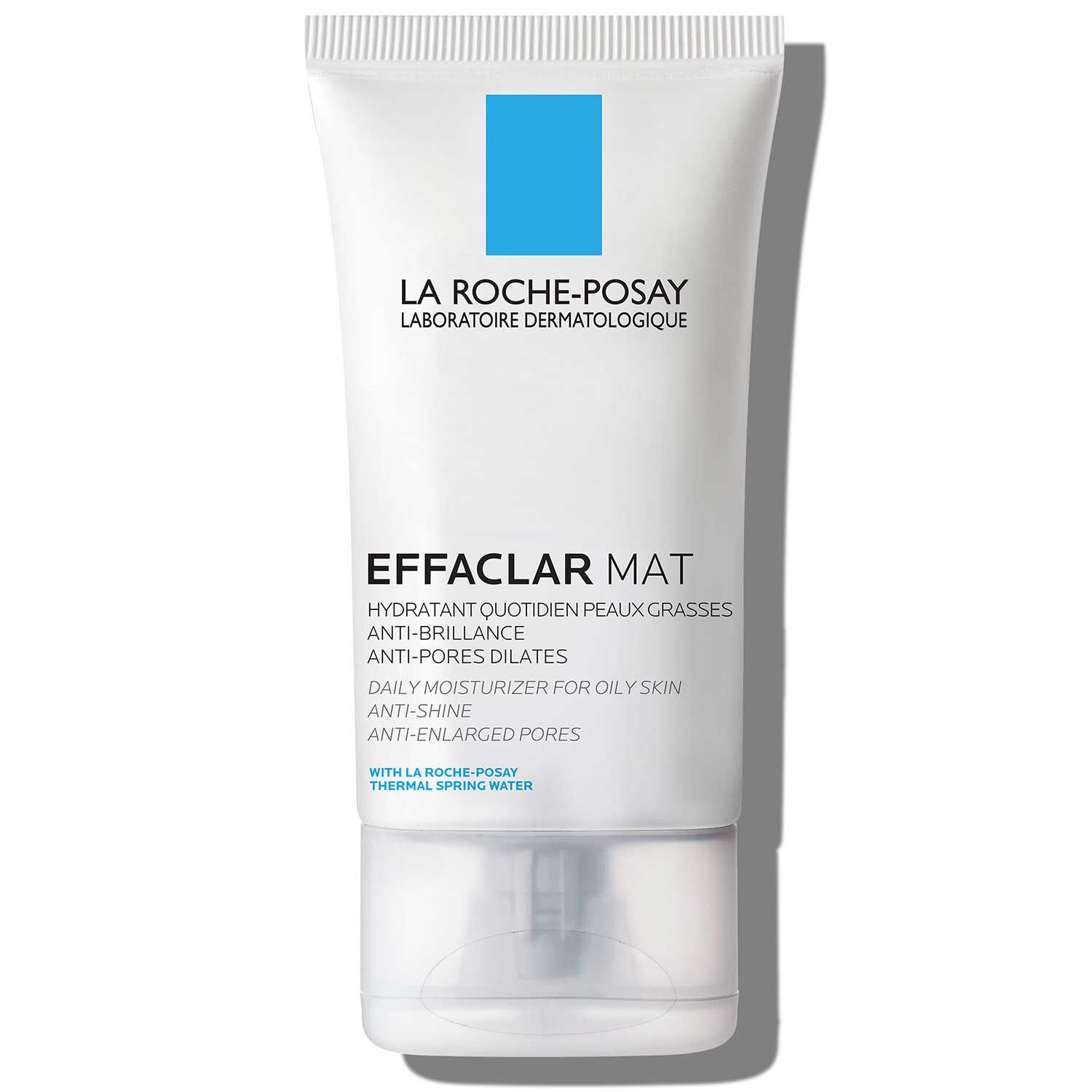The Ultimate Diet Guide
Expert tips and advice for achieving your health and fitness goals.
Moisturizer or Mirage: The Truth Behind Your Hydration Hopes
Uncover the secrets of hydration! Is your moisturizer a miracle worker or just an illusion? Dive in to discover the truth!
The Science of Moisturizers: Do They Really Hydrate Your Skin?
The science behind moisturizers is intricate, as they serve various purposes that go beyond mere hydration. According to research, moisturizers primarily function by layering the skin, creating a barrier that prevents water loss. Most products contain emollients, humectants, and occlusives, which work together to maintain skin moisture. Humectants, like glycerin and hyaluronic acid, attract water to the skin, while occlusives, such as petrolatum and beeswax, seal in this moisture. This process is essential, especially for individuals with dry or compromised skin, proving that moisturizers are not just superficial treatments but scientifically formulated products that aid in skin health.
However, it's crucial to note that not all moisturizers are created equal, and their effectiveness can vary based on formulation and skin type. According to a American Academy of Dermatology (AAD) article, choosing the right moisturizer involves understanding your skin's needs. For example, those with oily skin might benefit from lightweight, non-comedogenic options, while those with sensitive skin might require fragrance-free and hypoallergenic products. Ultimately, while moisturizers can significantly enhance skin hydration, consulting with a dermatologist can ensure that you select the most appropriate product for your unique skin type and concerns.

Moisturizers vs. Mirages: What You Need to Know for Genuine Hydration
When it comes to skincare, the battle between moisturizers and mere mirages is crucial for achieving genuine hydration. While many products claim to hydrate your skin, not all are created equal. True hydration comes from ingredients that penetrate deeply and nourish the skin barrier, whereas products that simply sit on the surface can create a temporary illusion of moisture without delivering real benefits. It's essential to choose moisturizers that contain effective hydrating ingredients such as hyaluronic acid, glycerin, and ceramides, which help retain moisture and improve skin texture.
In order to differentiate between authentic hydration and superficial effects, consider moisturizers that are tailored to your skin type. For instance, oily skin might benefit from lightweight gels, while dry skin requires richer creams. Additionally, be wary of products that advertise quick-fix results; true skin health takes time. Remember that the best way to achieve lasting hydration is not by relying solely on topical products but also by maintaining a balanced diet and staying hydrated internally. For more information on choosing the right moisturizer, check out this expert guide.
Are You Falling for a Hydration Mirage? Unpacking Common Moisturizer Myths
When it comes to skincare, the term moisturizer often conjures up images of hydrated, glowing skin. However, many people fall prey to what can be termed a 'hydration mirage.' One of the most pervasive myths is that thicker creams are always more effective at delivering moisture. In reality, the effectiveness of a product largely depends on its ingredients rather than its texture. For instance, products laden with occlusives can trap moisture but may not add any hydration to the skin. Thus, understanding your skin type and needs can help you choose the right moisturizer. For more on moisturizer types, visit Healthline.
Another common misconception is that using a moisturizer eliminates the need for sunscreen. This myth can lead to serious skin damage, as moisturizers do not provide sufficient protection against harmful UV rays. In fact, a good skincare routine should always incorporate separate sunscreen application, regardless of the moisturizer you're using. Moreover, many people believe that oily skin doesn't need moisturizing; however, dehydrated skin can occur regardless of oiliness. To learn more about the importance of sunscreen, check out EWG's sunscreen guide. By debunking these myths, you can make informed choices that lead to genuinely hydrated and healthy skin.